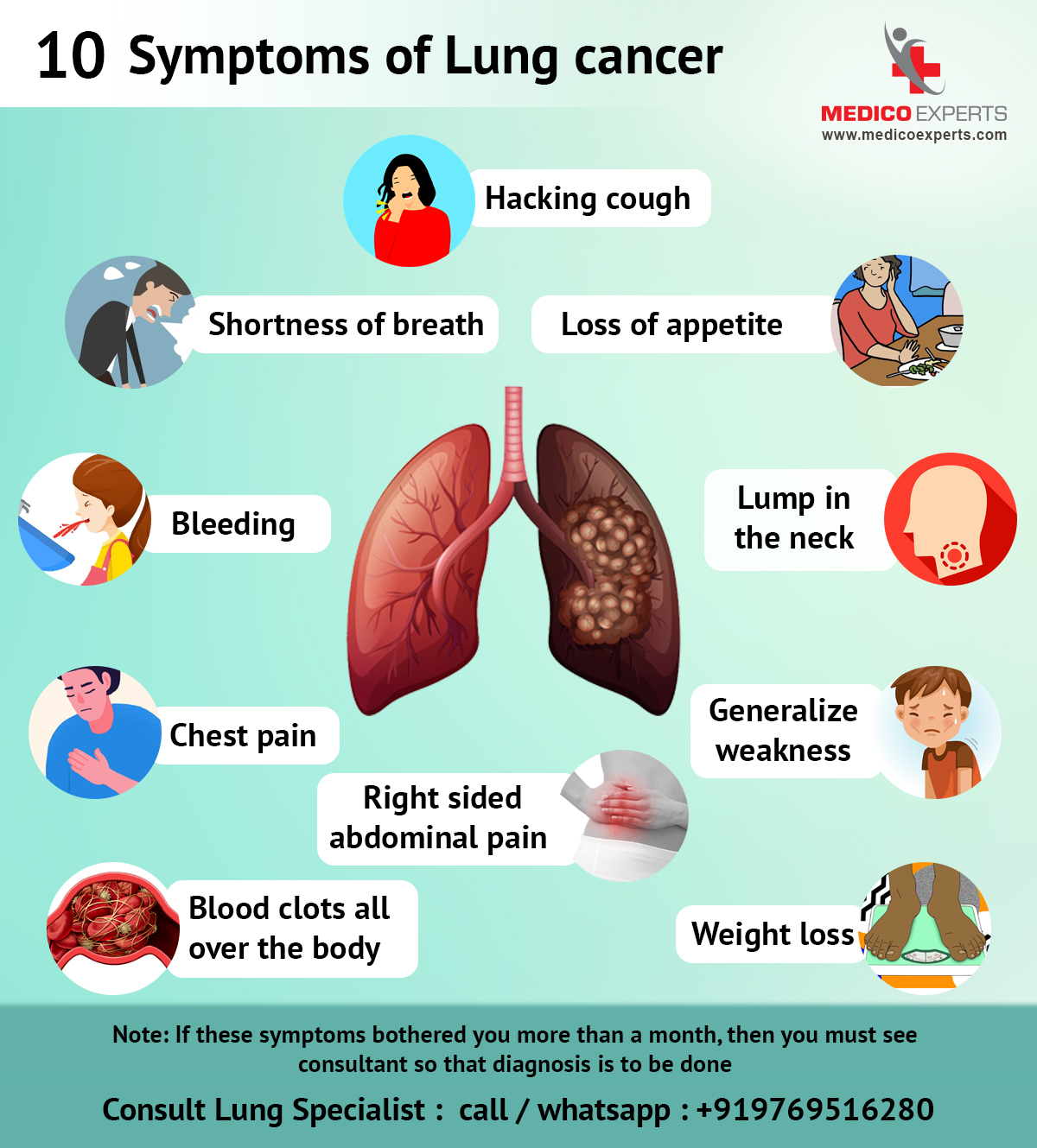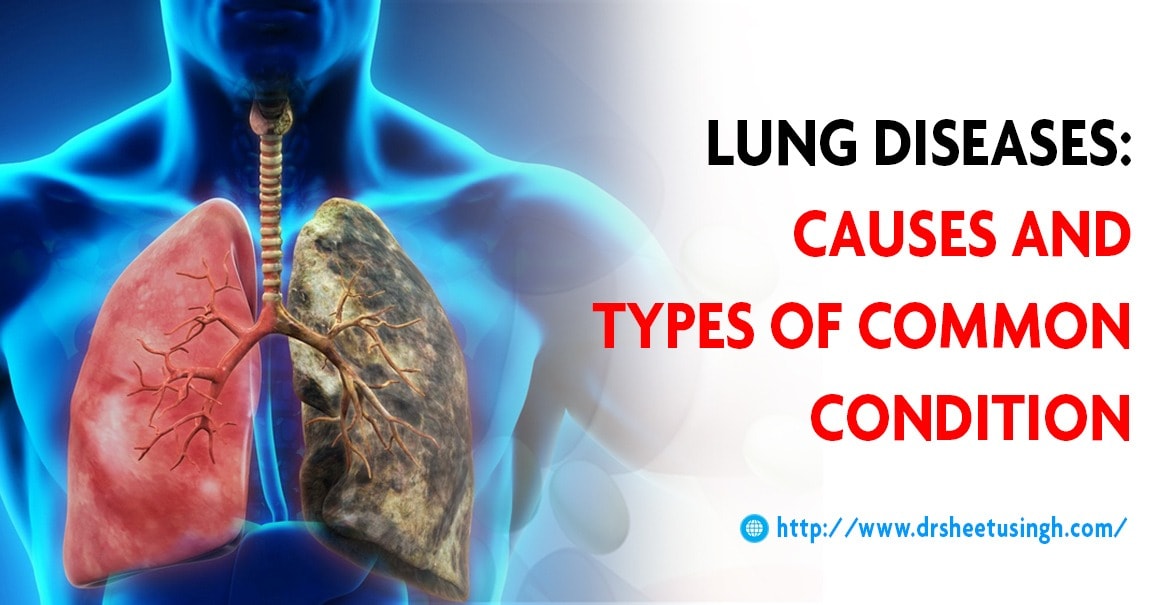Understanding the Sensation: Why Do My Lungs Hurt When I Breathe?
When you find yourself asking, “why do my lungs hurt when I breathe?”, you’re likely experiencing discomfort or pain in your chest area upon inhalation and exhalation. This sensation can be alarming, but understanding the potential causes is crucial for seeking appropriate relief. Possible reasons behind this discomfort include respiratory infections, asthma, anxiety, or physical strain. These conditions can lead to inflammation, irritation, or muscle tension in the chest area, resulting in the sensation of lung pain.
Could It Be a Respiratory Infection?
Respiratory infections, such as pneumonia, bronchitis, or the flu, can be underlying causes when your lungs hurt when you breathe. These infections often result in lung inflammation, which may lead to chest pain and discomfort upon inhalation and exhalation. Common symptoms accompanying respiratory infections include cough, fever, fatigue, and difficulty breathing. If you suspect a respiratory infection, consult a healthcare professional for proper diagnosis and treatment. Recommended treatments may include antibiotics for bacterial infections, antiviral medications for viral infections, or over-the-counter remedies to alleviate symptoms.
Assessing Asthma as a Potential Culprit
Asthma, a chronic respiratory condition, can contribute to the sensation of lung pain and difficulty breathing. Asthma causes inflammation and narrowing of the airways, leading to symptoms such as wheezing, chest tightness, and shortness of breath. When asthma is left untreated or poorly managed, it can result in persistent lung pain and discomfort. If you suspect asthma may be the cause of your lung pain, consult a healthcare professional for proper diagnosis and treatment. A healthcare provider may prescribe inhaled corticosteroids, long-acting bronchodilators, or combination inhalers to manage asthma symptoms and alleviate lung pain.
The Role of Anxiety in Breathing Discomfort
Anxiety and stress can significantly impact breathing patterns and lung sensations, often leading to the sensation of lung pain when breathing. When experiencing anxiety, the body’s fight-or-flight response is triggered, causing rapid breathing and increased heart rate. Over time, this can result in chest tightness, shortness of breath, and lung pain. To manage anxiety-related breathing issues, consider incorporating deep breathing exercises, progressive muscle relaxation, or mindfulness techniques into your daily routine. Engaging in regular physical activity, maintaining a balanced diet, and ensuring adequate sleep can also help alleviate anxiety and improve overall lung health.
Physical Strain and Lung Pain: A Common Connection
Intense physical activities, particularly in high altitudes or poor air quality conditions, can lead to lung pain and breathing difficulties. During strenuous exercise, your body requires increased oxygen intake, which may cause your lungs to expand and contract more rapidly. This increased exertion can result in lung pain, especially if you are not accustomed to such physical strain. To prevent and alleviate these symptoms, engage in regular exercise to build lung strength and endurance, warm up before participating in intense activities, and avoid overexertion. If possible, exercise in well-ventilated areas or use air purifiers to maintain good air quality.
When to Consult a Medical Professional
In some cases, lung pain and breathing difficulties may indicate a serious underlying health condition, requiring prompt medical attention. Seek immediate medical assistance if you experience chest pain accompanied by symptoms such as severe shortness of breath, rapid heartbeat, dizziness, or confusion. Additionally, consult a medical professional if your lung pain persists for several days, worsens over time, or is accompanied by a high fever, persistent cough, or unexplained weight loss. Early intervention and proper diagnosis are crucial for ensuring appropriate treatment and preventing potential complications.
Natural Remedies and Home Treatments for Lung Discomfort
When experiencing lung pain and breathing difficulties, consider incorporating natural remedies and home treatments into your routine to alleviate discomfort and support lung health. Using a humidifier can help maintain optimal moisture levels in the air, reducing lung irritation and easing breathing. Practicing steam therapy by inhaling steam from a hot shower or a bowl of hot water can also help soothe lung passageways and alleviate pain. Consuming anti-inflammatory foods and beverages, such as turmeric, ginger, or green tea, can help reduce inflammation and promote overall lung health.
Preventive Measures: Keeping Your Lungs Healthy
Maintaining optimal lung health is crucial for preventing lung pain and breathing difficulties. To keep your lungs in top shape, engage in regular exercise to strengthen respiratory muscles and improve lung capacity. Steer clear of tobacco smoke and secondhand smoke, as these substances can cause significant lung damage and increase the risk of respiratory infections and chronic lung diseases. Practice good respiratory hygiene by covering your mouth and nose when coughing or sneezing and washing your hands frequently to prevent the spread of germs and viruses.


:max_bytes(150000):strip_icc()/chest-pain-common-potential-causes-1745274_FINAL-ecbc2bd3b0f0401c8cfd77840901720f.jpg)





